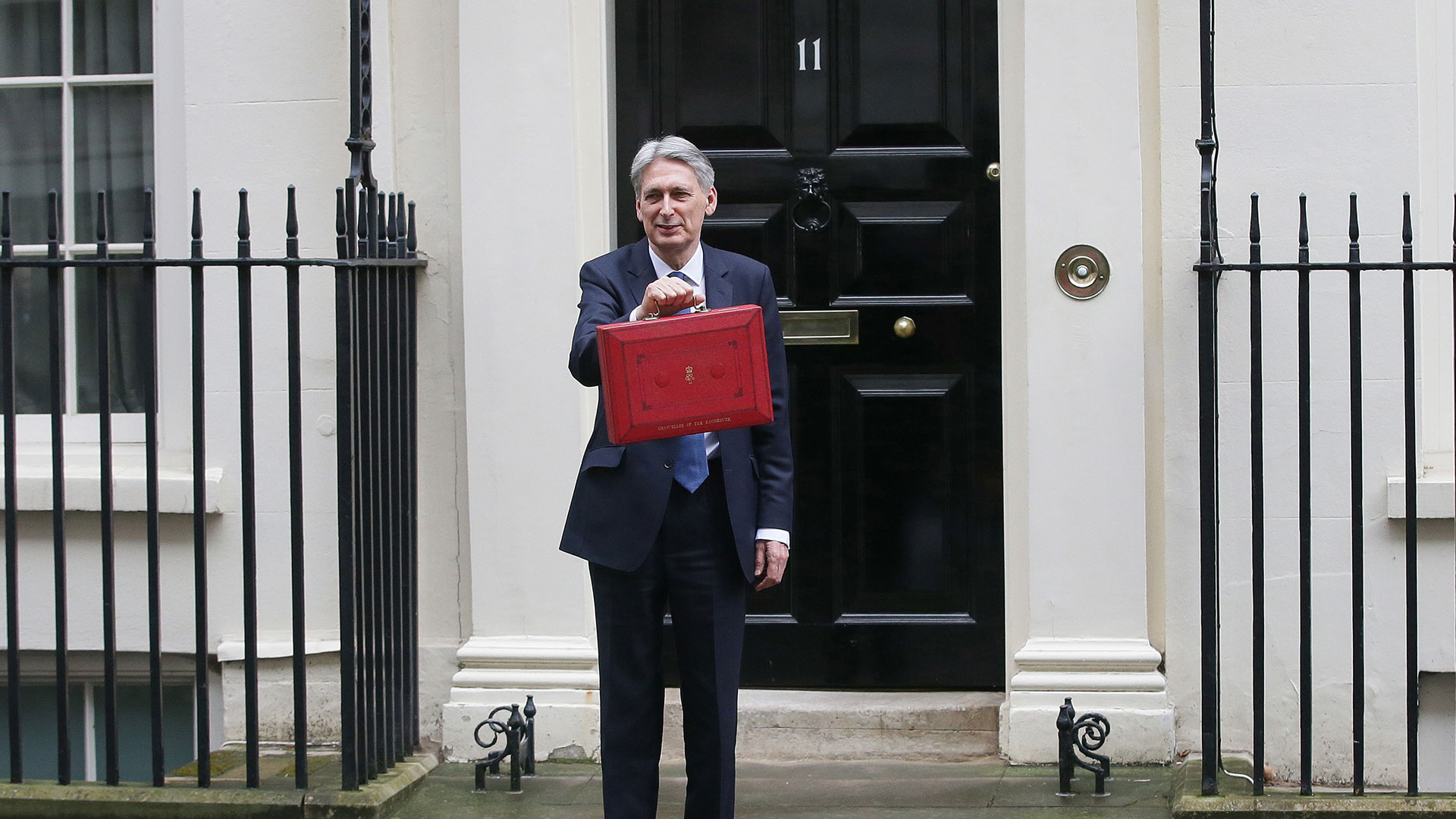“If we vote for a deal … there will be more money available for public services when we come to the spending review later on this year.”
Hammond said in the Autumn Budget last year that the era of austerity was coming to an end.
Paul Johnson, of the Institute for Fiscal Studies (IFS), told the BBC at the time: “Arguably he’s just about got to the absolute minimal definition of ending austerity but it’s certainly nothing like a bonanza for the rest of the public services.”
And last month the IFS said the government had not saved enough through cuts to services and would in fact need to spend more to end austerity. The IFS report showed that the Chancellor would need to come up with £11bn more if cuts could be expectedly to slow.
Since Hammond pledged to invest in the NHS, defence and international aid last October, councils in particular have felt the weight of austerity – resulting in a knock-on effect which has impacted local services and communities, many of which are now starved for cash.
Around 80 per cent of local authorities said that current council funding was unsustainably low.
Advertising helps fund Big Issue’s mission to end poverty
A decrease in funding from central government means everything from addiction services to libraries to music tuition in schools have suffered.
Free sanitary products for schools are also expected to be announced in Wednesday’s announcement, but experts say the gesture will do little to address the conditions which create period poverty in the first place.
Claire Ainsley, executive director for the Joseph Rowntree Foundation, said Hammond is right to recognise that people being forced to go without such essentials is “morally unacceptable” and that the move will “help correct an injustice which causes distress for many”.
However she added: “It’s also vital that action is taken now on the root causes of poverty.
“On Wednesday the Chancellor must show the government is serious about tackling the root causes of poverty, and take the opportunity to end the benefits freeze, which is keeping many UK families locked in poverty. Social security should be providing an anchor for people in difficult times but almost all families with children are affected by the freeze on benefits and tax credits.
Advertising helps fund Big Issue’s mission to end poverty
“If continued, the freeze would leave hard-pressed families £560 a year worse off – the equivalent of three months food shopping for a low-income family.
“Wednesday is the Chancellor’s opportunity to show that despite the political context the government is serious about tackling burning injustices in the UK – we would urge him to take it.”









